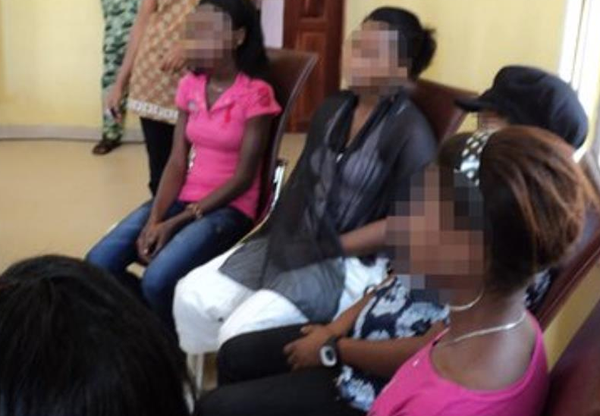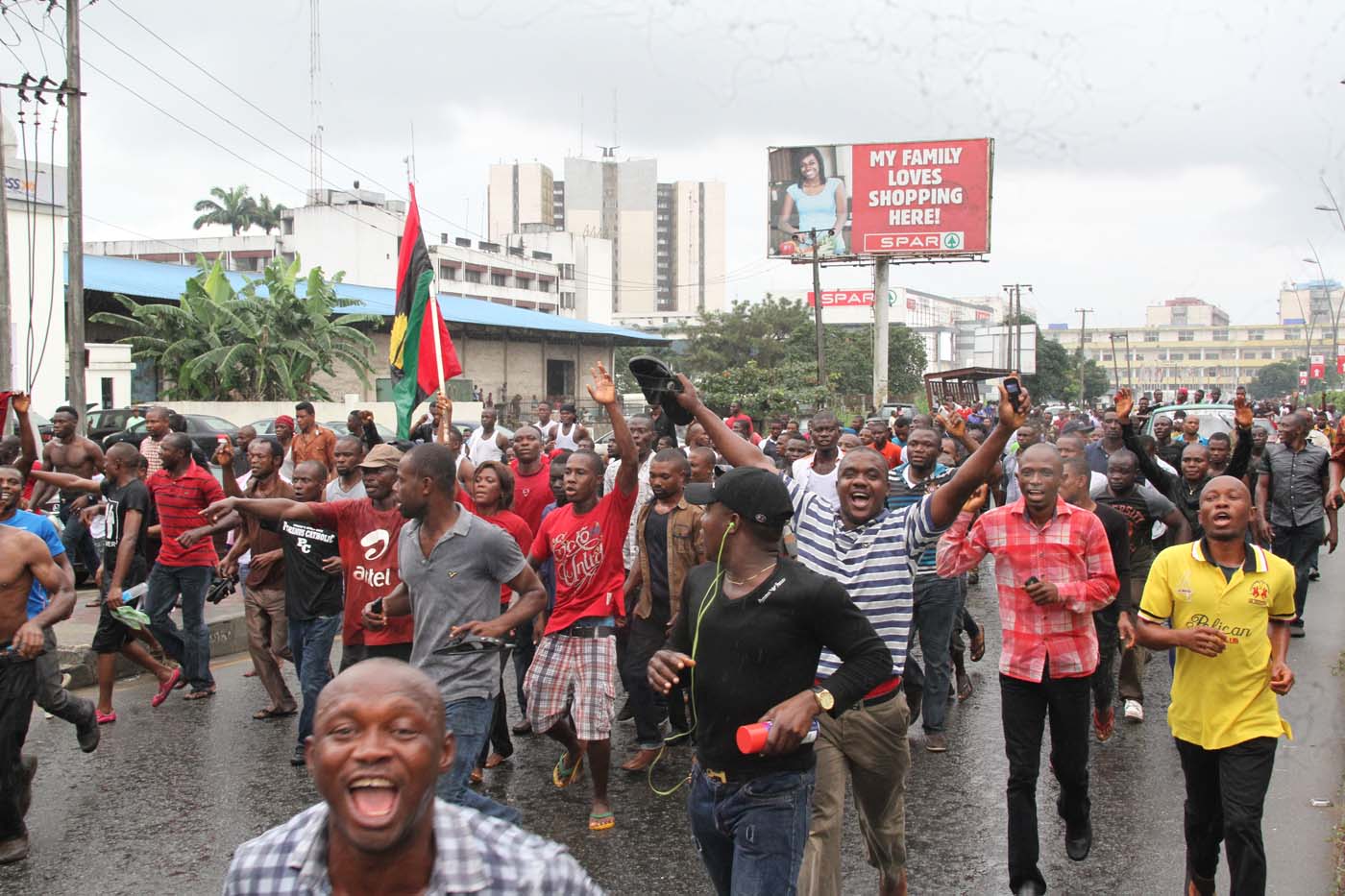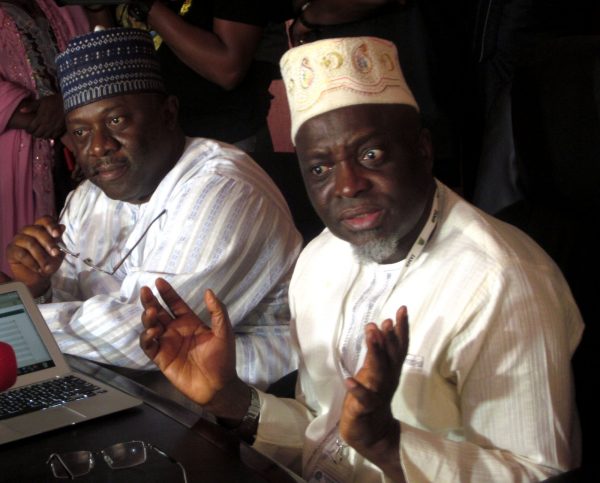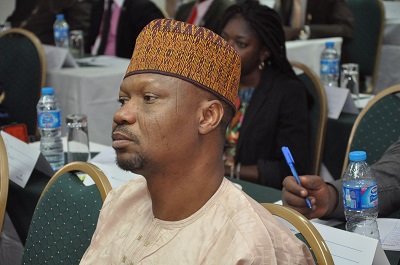BY MAJIRI ETEMIKU
Nothing prepares you for the kind of news which confronts our sense of essence than that which confronts us like news about some Niger Delta women. Recently, the International Office of Migration, IOM, informed us through their website that 4,000 young girls from Nigeria who have found their way to Italy were likely going to be forced into prostitution.
The IOM explained further that over the past three years, this exodus of very young girls, most of them minors, increased from 1,454 in 2014 to 4,000 in 2017. A great number of them are from poor families in Edo, Flavio Di Giacomo, IOM spokesperson told a Reuters correspondent in Rome. According to Flavio,the young girls are usually taken by traffickers and then forced to be prostitutes in the streets of Italy. And sometimes, these girls are sent to other European countries such as Spain, Germany, France and Austria.
I had no intention of getting into contrasts with this discussion but a certain centrifugal power compels me. Reports from as far as 2001 also had cases of Nigerian girls especially from the North sneaking into Saudi Arabia to compete with their Edo sisters in the old profession through the Hajj. Recently their numbers began to increase. What came as a surprise is that when the Saudis gave them a 3-month amnesty to leave, most grabbed at the opportunity and willingly walked to the Nigerian embassy in Riyadh opting to return home. Therefore, what I think should be the thrust of this discussion should be a look into why a set of girls would willingly come home from trading their bodies, and another set continue to trade.
For me, I think the answer would lie somewhere in the information given by Flavio, that most of the girls are from very poor homes. Hold on there: poverty can never be a justification for parents and a society to promote or justify sending its most productive human potential abroad for prostitution. There have been many people from some very poor backgrounds, and all over the world who have broken the jinx of poverty through handiwork and hard work. But what makes the Edo case peculiar can be found in a mix of sociological contexts. I have lived here for the better part of my life, and what was in Edo state which kept the young people home is either flushed down the toilet or is dead and buried. I will attempt the first, and which is obvious, that there are no institutions ready to absorb the raw energy in a young girl of ages 16-25 in Benin, Edo and in many parts of Nigeria. It is either that the state deliberately killed these institutions to weaken the ability of the populace to be productive and useful, or that failure to make our institutions work is an aspect of negligence and a dearth of innovativeness from public office holders.
Advertisement
Take the case of a young girl from a very ‘poor’ home. She manages to finish secondary school (schools with ill-trained teachers or with a modicum of training but without pay for months). If she passes JAMB lucky for her – she will go to university only to begin to learn how to navigate through some of the randy lecturers seeking her young body before she can pass.If she has not passed JAMB, she would probably opt to dress hair or make clothes for sale(remember that the Textile Mill in Benin city, one of the best in the days of Samuel Ogbemudia, died in the early 80s). Her options in this direction begin to be greatly narrowed by consistent poor power supply, and a system which cannot support her micro enterprise with credit if she does not know somebody who knows somebody who knows somebody who knows somebody in the political party in power. All of this takes place in a country where billions of dollars are reported as either stolen or misappropriated by public officials – one of them a woman from the Niger Delta.
But there is another industry in Benin city, long neglected, and which should have absorbed the raw energies of these uneducated/educated poor youth who daily seek to migrate to Europe in droves.It is Sports. If you watched the World Under 18 IAAF Competition which took place this month in Nairobi, Kenya, you would have found out that two Nigerian names featured – one from Enugu and the other from Abuja. No Edo, no Delta. It was dominated by the South Africans, Kenyans, Ethiopians and Zimbabweans. Years ago, the Ogbe Stadium in Benin was a hub for sports activity. Because the state had abundant sports resources, the defunct Bendel state began to ‘export’ sportsmen and women to other states, and who became bread winners. An Osarieme or Oghenerukevbe often represented states like Sokoto, Kano and Bauchi and brought honour and glory to these states. But all of that is gone. If your heart can take it, take a visit to that once famous amphitheatre – the Ogbe Stadium – the swimming pool is rotten and is smelling. Air-conditioners in the offices are rusting. The Judo, Karate, boxing and weight-training gyms are grisly ghouls of a glorious past.
The NAPTIP people, the Diaspora lady are doing their bit to arrest the traffic in persons for prostitution. But they are merely scratching the surface of things. Their real war would be for NAPTIP and NGOs working in these areas to vigorously engage public officials at state and federal levels, to focus more on providing those things – micro credit, incentives for sports, ICT, agriculture– which will harness the human potentials ofwomen and girls in Edo and Delta states.
Advertisement
Etemiku tweets @DsighRober
Views expressed by contributors are strictly personal and not of TheCable.
Add a comment






